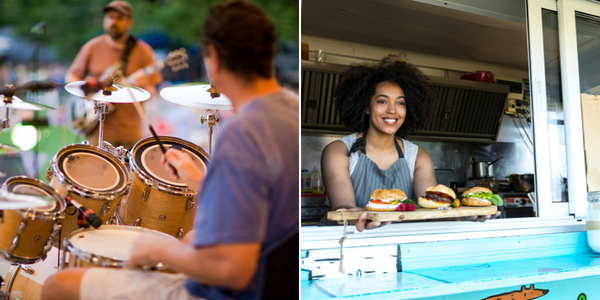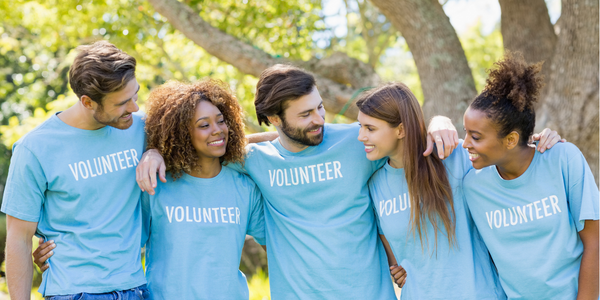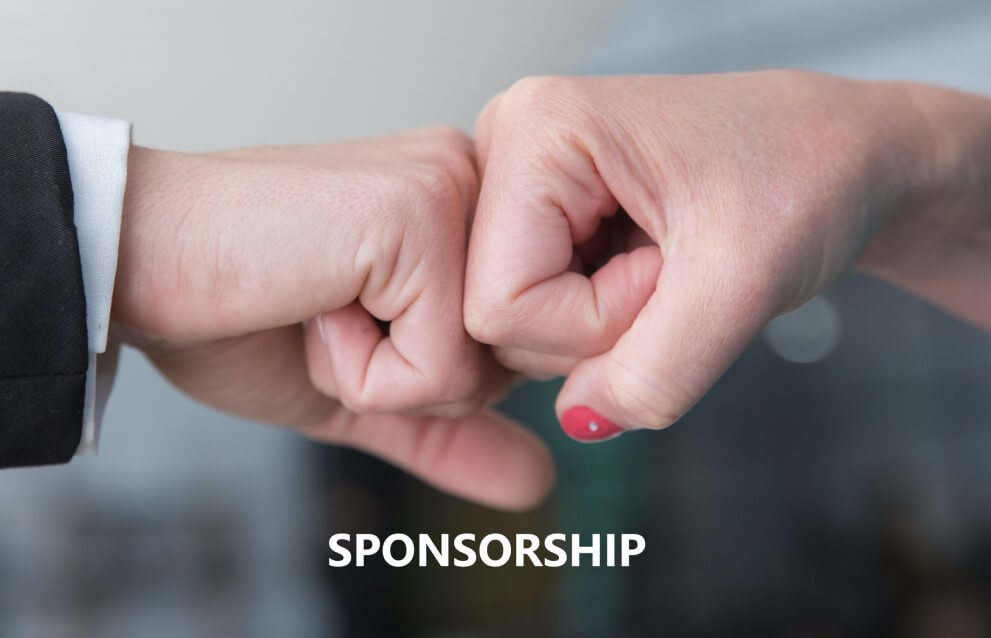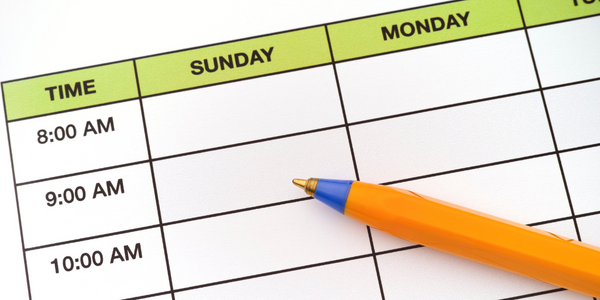In Part One of our discussion of the 11 steps to successful festival event planning, we addressed the 5 initial steps of planning larger events. These five steps are the keys to developing a strategic plan for the event. Those initial 5 steps include:
- Determine Your Festival Goals, Objectives, and Theme
- Understand Your Target Audience
- Start with a Thorough Budget
- Determine the Location
- Obtain Proper Permits, Licenses, and Environmental Permissions.
To review these steps, please read Part One
The next 6 steps are more operational in function. Once you have a good plan in place you will have the focus you need based on that plan and initial budget to proceed to the next steps in festival event planning. Following these steps will allow you to make the festival or event planning process more manageable.
Festival Production Requires a Plan
An experienced events management agency will understand the process. But if you are organizing a festival or larger event without their help, it’s important that you use such a process. Having a Festival Plan in place will guide you through the festival event planning process. It will keep you focused on what is important as you organize your event.
Once the plan is in place using the first five steps of this 11-step process, it’s time to turn to the next 7 steps which are more focused on the operational aspects of planning an event.
Next Steps in Event Planning
Commitments from Artists, Exhibitors, and Vendors

TSE looks for routing opportunities when booking entertainment for our clients. We look for artists performing before or after your event. There are two potential benefits to using routing. The first is that adding a routing show can be a last-minute decision by an artist meaning you may be able to book them much closer to your event. The second is cost savings. Artists will usually discount a routing show since it’s an additional show over a planned and budgeted tour.
Signing up exhibitors and vendors. Once you have enough information on the entertainment budget, target audience, attendance targets, etc. you will turn to deal with food and beverage issues for your attendees. You will also look for complementary merchandise vendors that match your targeted attendees. Indoor venues for major events usually provide or have established relationships for providing these services.
Outdoor festivals require having food and drink vendors available for those attending them. Depending on the type of festival, exhibitors and merchandise vendors will also be part of the festival production. That means finding the right vendors and exhibitors that match the needs and interests of your targeted audience for the festival. If you are the festival planner, you should start this effort of identifying vendors and exhibitors around 4 to 6 months out from the festival.
Most potential vendors and exhibitors will need to know enough specifics about the festival to be able to decide on participating.
Getting your artists and other vendors in place is one of the most important steps you can take to ensure a successful festival. When booking your entertainment, think about what it will offer and how it will add value to your festival.
Build a Team of Volunteers and Staff

Make sure your staff or volunteer duties’ role descriptions reflect the knowledge and experience you need. While many people can learn on the fly, some jobs require experience or training that you as the festival planner cannot provide.
Selecting an Event Manager or Coordinator: The Event Manager is responsible for overseeing the entire festival, from planning to execution. They must be good communicators and delegators, as well as organizers and problem solvers. Festival production companies have specific people who are experienced in such efforts. As the festival planner or organizer, it is your responsibility to find an entertainment agency or individual to fill this role.
Finding Volunteers: If you’re looking to get a volunteer team in place, there are a few ways you can do so. If an organization is organizing the festival, asking your members for help may be the easiest way to find good volunteers who understand the importance of the festival to the organization.
Another option is to solicit volunteers who have a passion for the festival’s theme. You can use social media, e.g., Facebook or LinkedIn to recruit people who share an interest in the area, festival theme, or activities and seek their help. If your festival event has no existing social media presence or isn’t well known on social media, the sooner you establish an event presence or page the better. That way you have recognized social media pages to use when the time comes.
Word-of-mouth from those who have previously volunteered is a great way to attract new volunteers. We all know that recommendations from people are always seen as more valuable than other means of attracting volunteers.
Develop A Marketing Plan

Your marketing plan should be flexible enough to adapt as necessary during the event planning process. This means exploring ways of reaching each target segment through both online and offline marketing channels. It should also consider how other festival partners or sponsors can help you reach your desired audience. Make sure all appropriate stakeholders know what’s in it, so festival promotion plans are coordinated.
Market to your targeted audiences, and not just anyone. This means targeting the people you want to attend the festival by reaching out to them through social media, email newsletters, offline media, and street teams.
You may also want to consider hiring an event marketing agency, or a full-service entertainment company, to help craft an effective campaign that reaches your target audience specifically in a way that’s relevant and engaging for them.
Develop a Sponsorship Sales Plan

To attract sponsors your targeted attendee audience must align with the target market of the sponsor. To attract sponsors, you will need experienced sponsorship development professionals who know what sponsors are looking for in a festival. You will need to convince potential sponsors with good data that your festival aligns with the interests of the sponsoring brand. For more information on the data sponsors want, consider reading; Get Event Sponsorship Brands Using Good Data
Develop a Logistics Plan

A detailed description of the activity and timeline for everything and everyone that should occur should be part of your complete “run of show” document. This timeline along with checklists should ensure that all your bases are covered. Make sure everyone involved has the timeline and understands what they will be doing at each point in it.
Develop Contingency Plans and Purchase Insurance


Make sure your staff understands what they will do in the event of a weather emergency or other adverse event. Determine in advance the instructions you will provide to the people attending and the means you will use to communicate with them. The instructions may be different for different adverse events.
A major festival that occurs without event insurance coverage in place is malpractice. Most festival planners are familiar with weather insurance, but there are a number of other types of coverage you should consider. Protecting yourself with the right insurance can protect you financially from adverse things that can happen at an event. No one likes to pay insurance premiums, but you wouldn’t drive a car without insurance. Nor should you neglect relevant insurance in the festival event planning process.
A discussion of the various types of event insurance can be found in this two-part article;
Outdoor Music Concert or Festival Insurance.
Successful festival event planning relies on spending a lot of effort on planning, But it’s also important to be flexible and adaptable to meet changing circumstances, such as an artist canceling at the last minute or unexpected levels of attendance.
Being able to change elements of your plan if something unexpected happens is a necessary part of organizing an event or festival.
For example, If there are changes made by suppliers (e.g., food vendors), then these changes should be communicated early enough so that those involved with the event know what’s happening before they arrive at the site. Ideally this should happen well before any major setup starts taking place around their tents/booths etc.
Event apps are a great tool for communicating with potential attendees and those already on site at the festival. They are also a great tool for engaging with attendees and collecting relevant data on them to help find sponsors and plan for future festivals. For a better understanding of how event apps help your event, read Why Use an Event App?
Conclusion
We hope this article has helped your understanding of what’s involved in the festival event planning process for a successful festival. As we mentioned, the best way to get everything organized is to start early and work with a team that understands your goals. There are so many different factors involved in festival event planning, from setting objectives, determining targeted attendees, finding the right venue, booking entertainment, signing up vendors, etc. It’s hard for people without experience to undertake a festival production planning process. That’s where festival production and events management companies come into play.
Established entertainment agencies like TSE have seen in all in its 47 years of booking and producing entertainment events, including handling all aspects of festival planning and production. Don’t reinvent the wheel. Let those who have experience handle this complicated process. We are happy to discuss your needs. No obligation.
Related Post:




